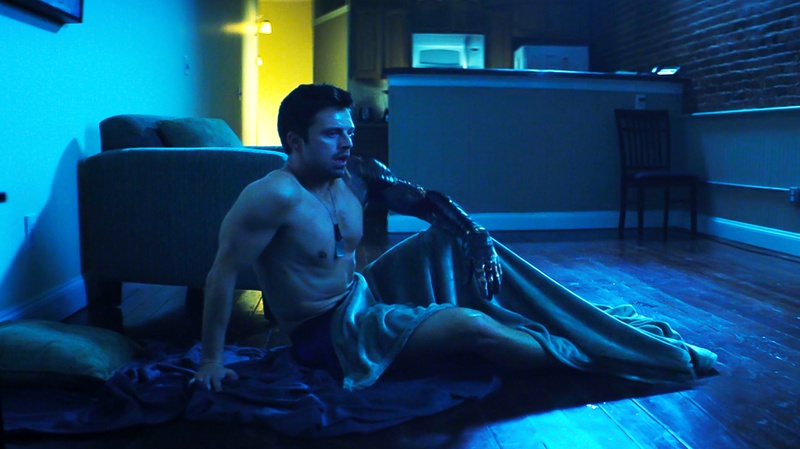
With Falcon and the Winter Soldier having officially started up , fans have moved on from the crazy antics of Wanda's grief in WandaVision to a more simple MCU tale of action-packed government espionage. Now it's time to catch up with Sam Wilson and Bucky Barnes, both close friends of the former Captain America, asking the question of who will fill that absence and the legacy that comes with it .
These Disney+ shows present a unique opportunity that the movies have never given. Now audiences get to take a deep dive into these minor side characters to see just how they work, and what is going on in their life.
For Sam, he's dealing with juggling having been an Avenger that saved the world with a family life that had to go through the of worst times during The Blip without him.
Then there's Bucky Barnes. The former Winter Soldier Hydra assassin has a lot on his plate. Killing with no control, over decades, can certainly cause great damage to one's psyche. It's this personal struggle that makes for a fascinating new area for the MCU to explore.
WINTER SOLDIER PTSD

In an interview Collider , one of the show's writers Derek Kolstad discussed mental health. A very important topic, and one that haunts the MCU's Bucky Barnes.
"When you look at the movies that we love, there are always those moments where it harkens back to something that someone in the writer's room was dealing with. And I think the other thing is you look at these characters, and if you actually apply them to the real world, you'd be like, 'This guy would be drinking nine crates of vodka a day to deal with what he's dealing with."
For comic fans, these sentiments may seem familiar. That's because it's very similar to a very famous Iron Man storyline, one that Kolstad is familiar with.
"And so, the depth that was in "The Demon in the Bottle," the classic Iron Man [arc dealing with Tony Stark's alcoholism], and some of those other [comics], we wanted to do a nod to those. At the same time, we love characters that are strong, and yet we love seeing the frailties in them, and then [seeing them] recognize their frailties... and seek to adjust and heal. And I think that makes them more of a hero, and less of an anti-hero. Because at a certain point in what we do, it's like, I like anti-heroes like everyone else, but goddammit, I just want a hero again."
DEALING WITH TRAUMA
It's funny that Kolstad references the famous "The Demon in the Bottle" storyline, as it was famously something Marvel avoided when they were developing Tony's character throughout the MCU. While Tony Stark may have drank a little in Iron Man 2 , the creatives made an active effort to not adopt the story from the comics. They didn't want the pillar of the entire cinematic universe they were building to be a drunk.
But the MCU has come a long way since then, and many new opportunities have been afforded to the creative teams joining the Marvel Cinematic Universe. It's refreshing to see such deep topics get tackled within the context of a superhero series.
In the premiere episode of The Falcon and the Winter Soldier , Bucky made a great point to his therapist. Ever since falling off that train back in 1945, Bucky has been moving from one fight to the next, not having a moment to deal with literally anything . Even his brief respite in Wakanda didn't provide much time at all.
The same can be said for the audience. Fans have gone through the same thing. Following Bucky from one fight to the next doesn't give those watching the opportunity to really sit with the character and get to know him. Now, with the television format, Marvel has given viewers the chance to do just that.
What's even better is that this privilege doesn't just belong to Bucky. It goes for every character on the Disney+ docket. PTSD and mental health is an area that the MCU hasn't been able to explore too much, so it's truly exciting to see it addressed here within the context of the show and the characters that have been with fans since the beginning.
With Moon Knight on the horizon, one can only expect this discussion to only deepen as the MCU progresses further into Phase 4.












